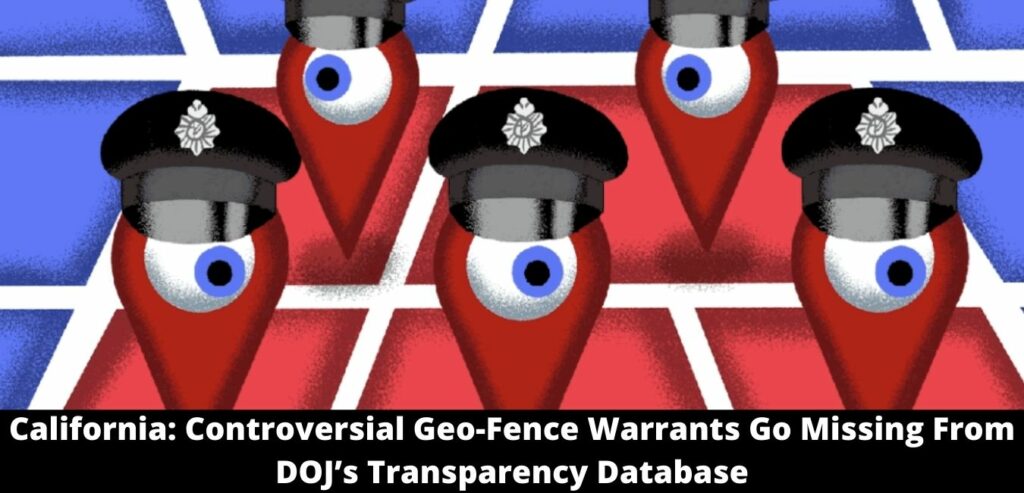The last three years have seen a multifold increase in requests by law enforcement for Geo-fence warrants. Geo-fencing refers to tracking one’s device and its geo-location, with the help of their cellular network, Wi-Fi, GPS, or RFID, and drawing a perimeter around them, this is used to show them related ads, or content, and in general collect and save data.
Many privacy rights advocates consider this act, an infringement of their privacy, and the 4th Amendment to the U.S constitution. A recent report by a company catering to geofencing data needs of the authorities said that in the past 3 years it has received over 3,500 reports in California alone, and the number keeps on rising every year.
Google as well said in a statement, that 1 in 4 request by the law enforcement agency pertains to geo-fence warrants today. California reports the highest requirement of these warrants to be followed by Texas.
The review of state’s data by a news agency revealed that about 1% of the requests received were actually legitimate demands, and others circumvented the ambit to secure data on people, and amounted to unauthorized surveillance.
The OpenJustice dataset portrays a different stance, whereby the Californian law passed in 2015, California Electronic Communications Privacy Act (CalECPA) had mandated reporting of all the geo-fencing warrants to be uploaded, the ones obtained as well as the pending ones.
However, due to the allowance of ‘delays’ in disclosure to not affect ongoing investigations, the government agencies have found a loophole, which they are using to justify the transparency turning into opacity.
Read More: Biden Prepares For A Battle As Texas Early Termination Boycott Is Set To Stay Set Up
“These delayed notices are a huge issue,” Jennifer Lynch, the Electronic Frontier Foundation’s surveillance litigation director, opined. Highlighting her concern for a privacy violation, she added, “The fact that law enforcement can delay their reporting, while their warrant is essentially sealed—it’s a huge problem.”
Albert Gidari, who served as consulting director of privacy at the Stanford Center for Internet and Society, who has also served as a Lawyer for Google, before retiring, said, “When the providers are telling you one thing, and the government is telling you another, then something’s broken and it needs to be fixed,”.
Read More: Families Of Departed Children Deserve Coverage: Biden

